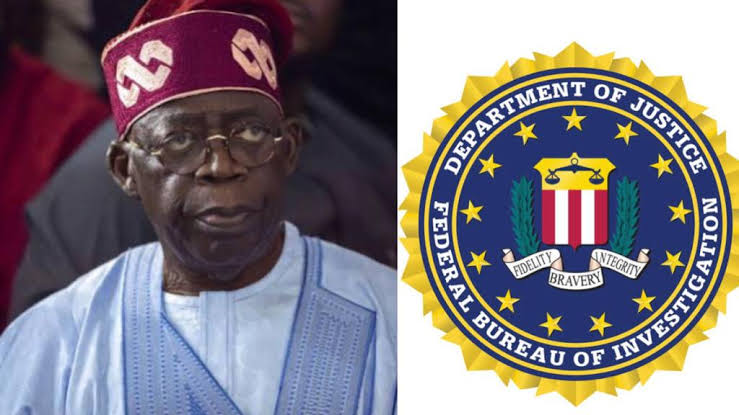723
By Myke Agunwa
Beryl Howell is a federal judge on the District of Columbia U.S. District Court. Prior to being confirmed in December 2010, she worked as a law enforcement officer, an attorney in both public and private practice, a lobbyist for the recording industry, and a counsel to congressional committees.
Appointed by President Barack Obama, she served as a district judge from 2010 to 2024 and was the court’s chief judge from 2016 to 2023.
Later, she worked as an Assistant U.S. Attorney in the Eastern District of New York, where she became Deputy Chief of the Narcotics Section. She then served on the staff of the U.S. Senate Committee on the Judiciary as a senior advisor to chairman Patrick Leahy, including as the committee’s general counsel.
Judge Howell worked on matters pertaining to national security, such as the USA Patriot Act. In 2008, the Center for Strategic and International Studies, a bipartisan research group, sponsored her to serve on the Commission on Cybersecurity. Additionally, she is an adjunct professor at the American University’s Washington College of Law, where she teaches legal ethics.
In 2018, she gave a judgment to overturn a Federal Election Commission rule, that permitted some nonprofits to hide their contributors, arguing that it went against congressional objectives for campaign finance transparency.
Judge Howell has ruled over a number of well-known cases, especially those involving former President Donald Trump, such as the Capitol incident of January 6.
She oversaw federal grand juries as chief judge, including investigations into attempts to alter the 2020 election results and Special Counsel Robert Mueller’s probe into Russian meddling in the 2016 election.
More recently, in 2023, Howell presided over a defamation case against Rudy Giuliani, finding Giuliani accountable for disseminating untrue allegations against election workers Ruby Freeman and Shaye Moss.
Judge Howell has faced several criticisms over her comments and rulings related to former President Trump. In 2023, Representative Elise Stefanik filed an ethics complaint against her, citing a speech where Howell warned about the country’s risk of falling into authoritarianism and referred to the January 6 attack as stemming from “big lies.”
In reaction, President Donald Trump’s administration in Maarch 2025, asked the federal judge overseeing a challenge to Trump’s executive order targeting law firm Perkins Coie to step aside from the case, accusing her of a “pattern of hostility” toward the president.
But Howell said the Trump administration’s claims of “ongoing improper encroachments” of Trump’s executive power sounds “like a talking point from a member of Congress rather than a legal brief from the United States Department of Justice.” Furthermore, it “reflects a grave misapprehension of our constitutional order,” she wrote.
“Adjudicating whether an Executive Branch exercise of power is legal, or not, is actually the job of the federal courts, and not of the President or the Department of Justice, though vigorous and rigorous defense of executive actions is both expected and helpful to the courts in resolving legal issues,” she wrote.
Nevertheless, Justice Department lawyers said Judge Beryl Howell’s impartiality might “reasonably be questioned.” They cited her past rulings against Trump and remarks in cases against his supporters arising from the January 6, 2021, attack on the U.S. Capitol.
“This Court has not kept its disdain for President Trump secret,” the lawyers wrote in a court filing. “It has voiced its thoughts loudly—both inside and outside the courtroom.”
Howell, an appointee of Democratic President Barack Obama, last week temporarily blocked the Trump administration from enforcing much of its order against Democratic-linked Perkins Coie, finding it likely violated the U.S. Constitution.
Despite the pushback from the Oval office, Howell rejected the Trump administration’s request that she recuse herself from a case challenging an executive order targeting Democratic-tied law firm Perkins Coie, accusing the Justice Department of attacking the messenger because it could not attack the message.
Reacting to the moves Howell said, “When the U.S. Department of Justice engages in this rhetorical strategy of ad hominem attack, the stakes become much larger than only the reputation of the targeted federal judge.
“This strategy is designed to impugn the integrity of the federal judicial system and blame any loss on the decision-maker rather than fallacies in the substantive legal arguments presented,” she added



